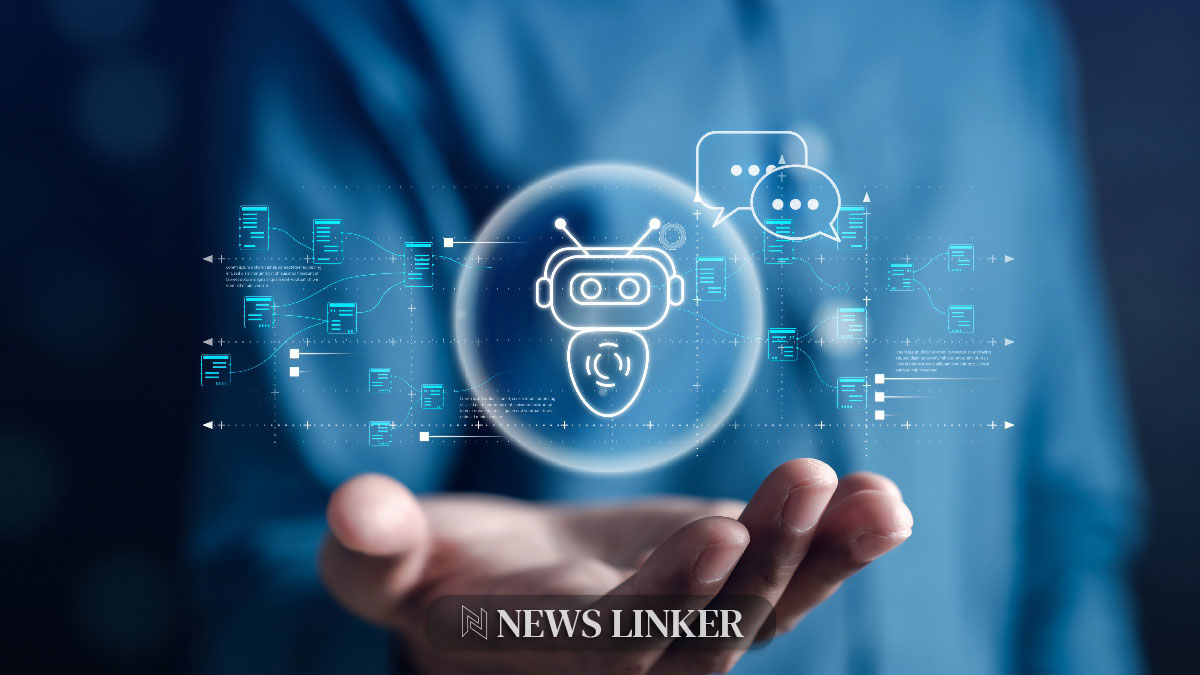The increased accessibility to short, focused courses on artificial intelligence (AI) provides an unprecedented opportunity for those aiming to expand their knowledge and skills in this revolutionary field. A myriad of specialized courses has emerged, tailored to different levels of proficiency, catering to the needs of beginners, enthusiasts, and professionals looking to navigate through the complexities of AI and machine learning (ML).
Historical developments in AI education reveal a trend towards more specialized and application-oriented learning. In the past, courses tended to focus on broader overviews of AI principles or in-depth exploration of theoretical concepts. However, the latest offerings aim to equip learners with practical, industry-relevant skills. These courses often include hands-on projects and tools that can be directly applied to solve real-world problems, reflecting the evolving nature of AI and its growing influence across various sectors.
What Does Current AI Education Offer?
Contemporary AI education focuses on imparting practical skills through concise and targeted courses. They encompass a range of topics from cybersecurity in AI applications to developing AI-powered web applications and efficient deployment of large language models (LLMs) in production environments. These courses leverage emerging technologies and programming languages, ensuring learners are adept at utilizing AI and ML tools in diverse scenarios. As the landscape of AI continues to shift, these educational offerings adapt to cover the latest trends and tools in the field.
How Is AI Education Adapting to Industry Needs?
Industry needs drive the evolution of AI education. The demand for skilled professionals who can effectively deploy AI technologies has led to a proliferation of courses focusing on application development, operational deployment, and the creation of secure and ethical AI systems. This alignment with industry demands ensures that learners are not only gaining theoretical knowledge but also the practical competencies required to thrive in a competitive job market.
In an academic paper published in the “Journal of Artificial Intelligence Research,” researchers discuss the importance of educational initiatives that bridge the gap between foundational AI concepts and practical applications. The study emphasizes the role of project-based learning and the integration of tools that facilitate the development of AI systems, mirroring the hands-on approach of current AI courses which align closely with these academic recommendations.
What Are the Emerging Trends in AI Learning?
Emerging trends in AI learning showcase a shift towards specialization, with an emphasis on enabling learners to apply AI in specific contexts, such as web development or data analytics. These trends reflect a broader movement in education where customization and practical experience are valued alongside traditional academic learning. This approach caters to the needs of a diverse range of learners, from hobbyists to professionals seeking to upskill in particular aspects of AI technology.
In the current landscape, learners are empowered to choose AI courses that resonate with their career aspirations and skill levels. Educational programs are increasingly modular and flexible, recognizing the diverse backgrounds and objectives of students. This learner-centric approach underscores the commitment to make AI education more inclusive and adaptable to personal and professional growth trajectories.
In conclusion, the advancements in AI education reflect a concerted effort to meet the growing demand for AI proficiency in various industries. By offering specialized, practical coursework, educational institutions are creating pathways for individuals to gain the expertise needed to harness the full potential of AI and ML technologies. These courses are a testimony to the dynamic nature of AI, continually evolving to prepare a future workforce adept at tackling the challenges and opportunities presented by this transformative field.
For individuals contemplating a foray into AI or seeking to enhance their current expertise, these courses represent an invaluable resource. They provide the essential guidance and knowledge to not only understand the intricacies of AI but to also contribute meaningfully to its progression. As AI continues to shape our world, the importance of such specialized education cannot be overstated, for it is through these learning experiences that the next generation of AI innovators and leaders will emerge.










